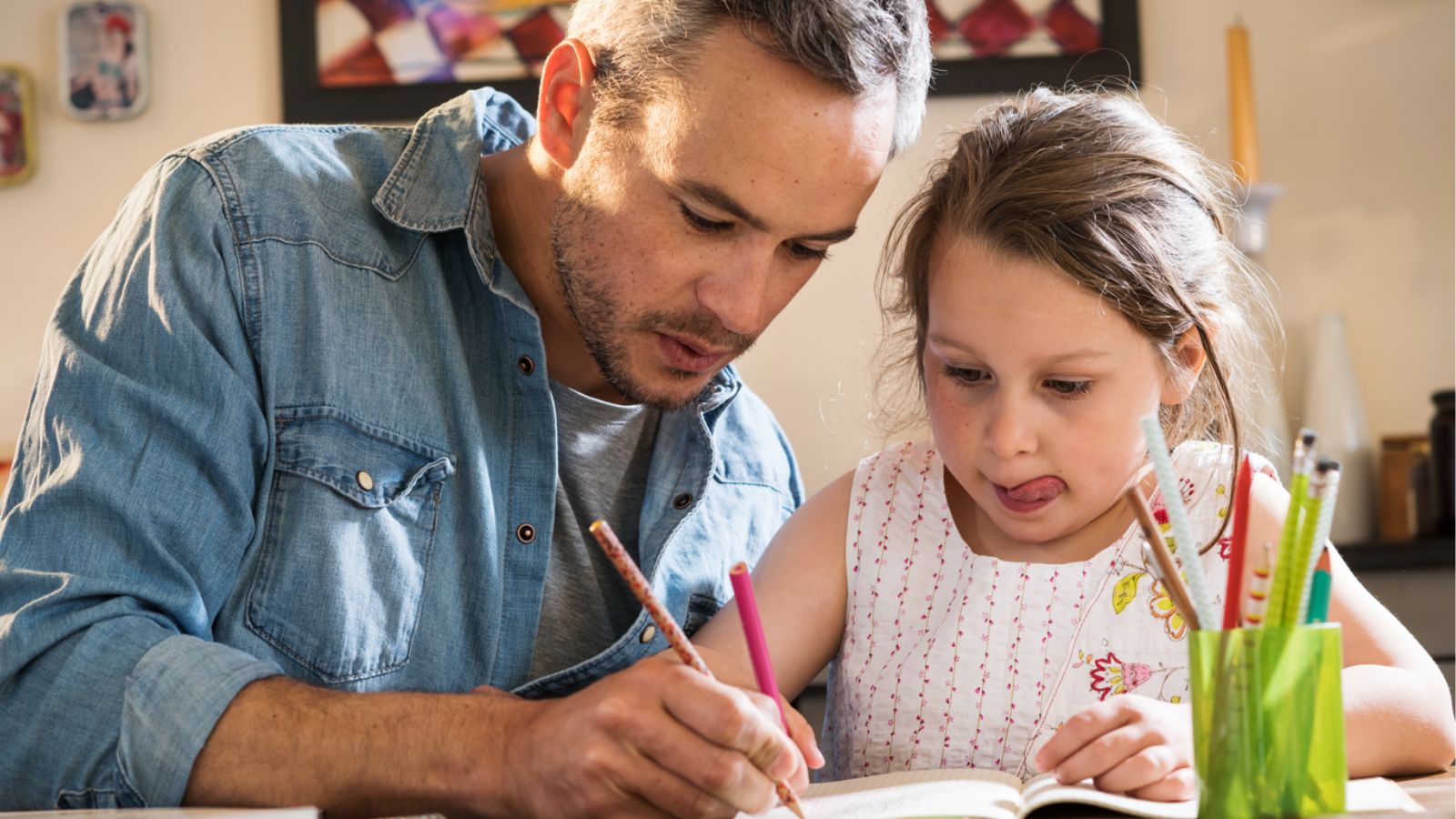Young people are often oblivious to the privileged environment in which they are raised; even as adults, they don't recognize the advantages they have. Some signs of privilege are subtle, and others aren't acknowledged through a lack of awareness. Recognition of privilege and how those without it are disadvantaged through no fault of their own helps to create a more equal society. Here are 18 signs that your childhood was more privileged than you realized.
Access to Quality Education

Going to a good school provides an education and opportunity that is not available to all. Even if you did not take full advantage of your school years, you will still have learned and networked more than you realize. Underfunded public schools have crowded classrooms and less access to learning materials.
Extracurricular Activities and Hobbies
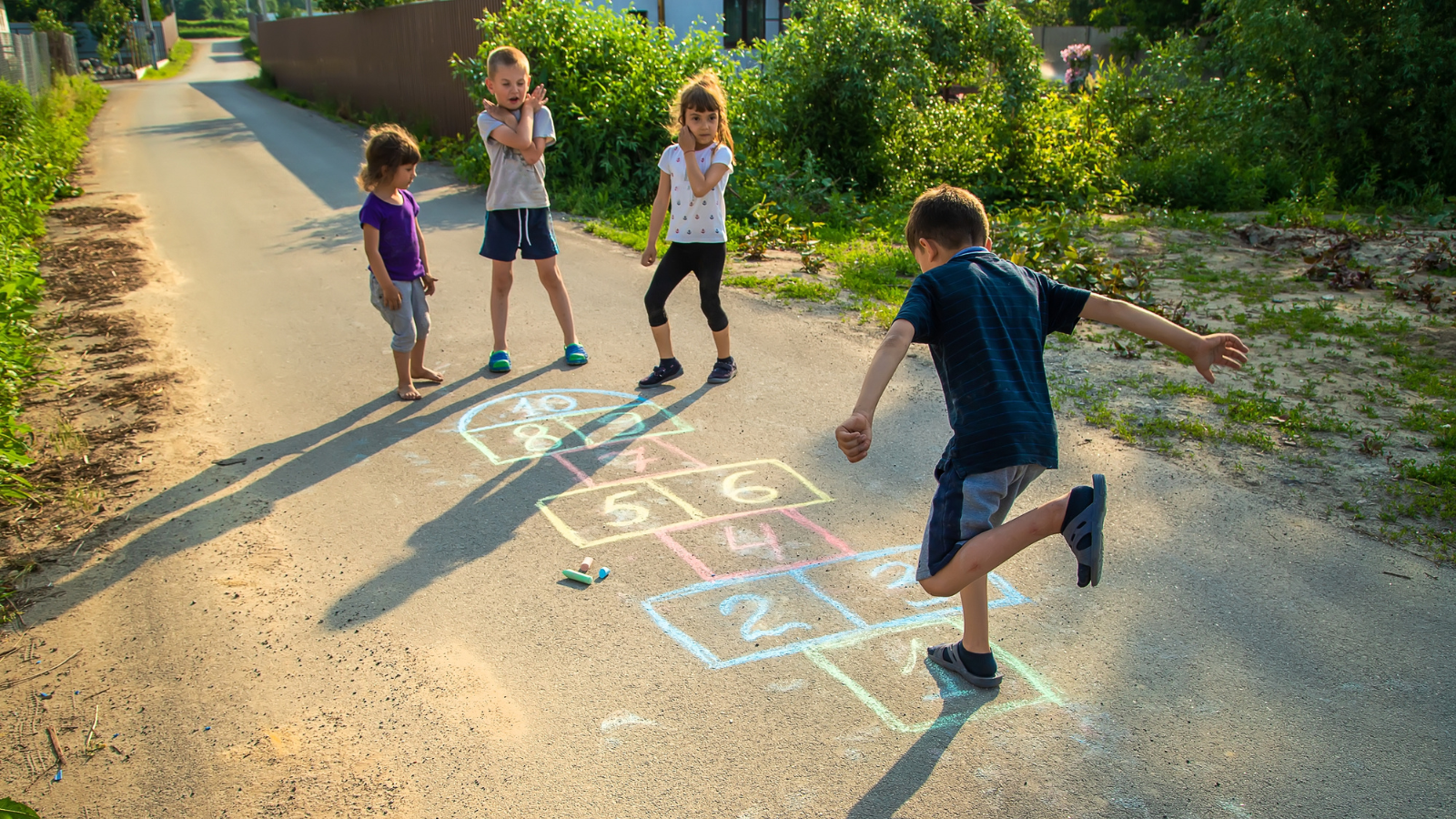
Taking classes after school or participating in sports is taken for granted by many. Pupils in low-income areas often lack the time or the money. Some may have to look after siblings while their parents work, and others can’t afford to buy extras necessary to take part in many extracurricular activities.
Family Vacations and Travel Opportunities

A vacation once or twice a year may have been typical, but for many families, it's unaffordable. Traveling, especially to foreign countries, is expensive. Time poverty is another factor; many parents don’t have the time to take their children on vacation.
A Safe and Stable Home Environment

There is a clear link between stable home environments and future success. Children living in the presence of domestic violence will suffer from trauma that impacts every aspect of their lives. Even in a safe home, single parents work harder to provide and can’t spend as much time with their children.
Private Lessons and Tutors
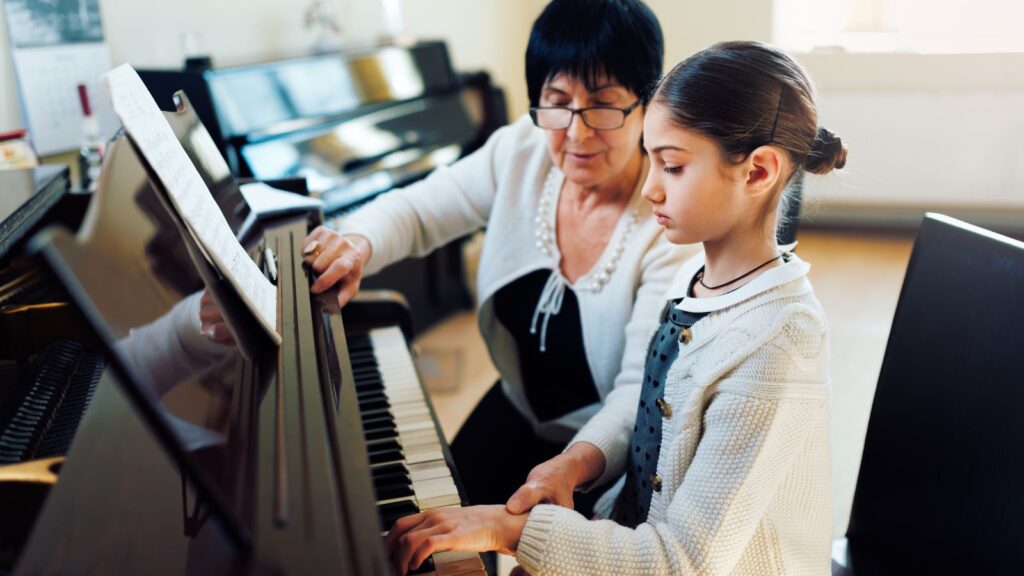
If your parents paid for extra tuition, you are privileged. Classes after school help students to keep up with their work or excel in certain subjects. For many, it’s a luxury.
Access to Healthcare and Regular Checkups

Having easy access to healthcare professionals when there’s a medical problem might not seem like a privilege. Yet, many American children don’t have access. One study shows that 16.5 million children have inadequate access to healthcare. Poor mental and physical health continues into adulthood, reducing opportunities to better their lives.
Having Your Own Bedroom

Having enough sleep means more energy and higher concentration levels to get through the school day. If you share your bedroom with one or more siblings, adequate sleep is difficult. Personal space also contributes to mental development and learning personal boundaries. Larger homes are expensive, and even one more bedroom is too much for many low-income families.
New Clothes Regularly

Being able to wear new clothes gives a child confidence and helps to develop personal pride. For large families without a high income, buying new clothes isn’t always affordable. Children are bullied for the clothes they wear, a traumatic experience that affects their development.
Technology and Gadgets at Home

Technology doesn’t just help with school; it can also be used for leisure. Having the latest gadgets is a status symbol, and those who can’t afford them are likely to be ostracized by friends.
College Savings Fund
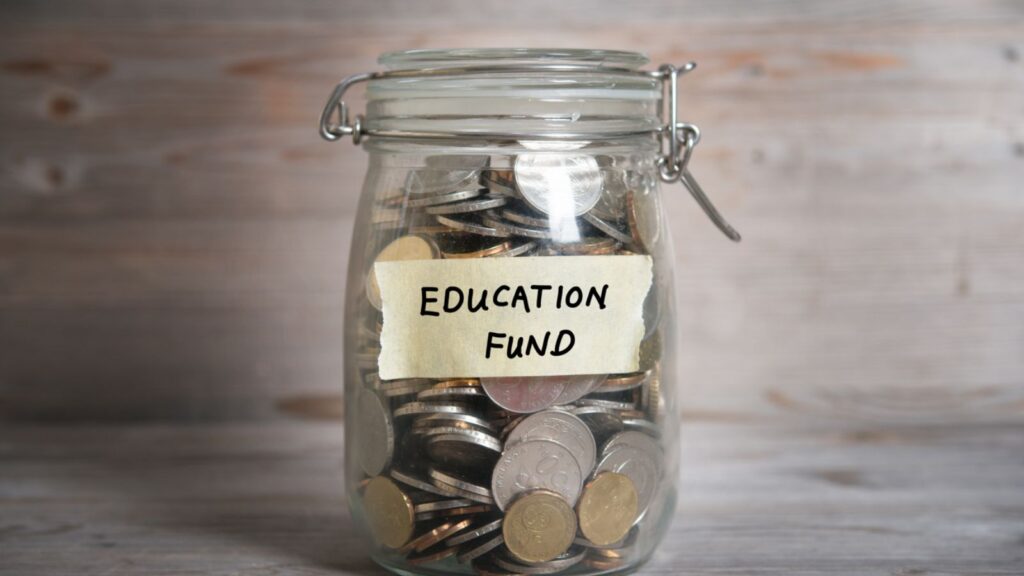
College is expensive, and any contribution towards it helps. Many don’t have parents who can put money aside to put their children through college. Those without financial assistance rely on loans or don't go to college.
Participation in Expensive Sports
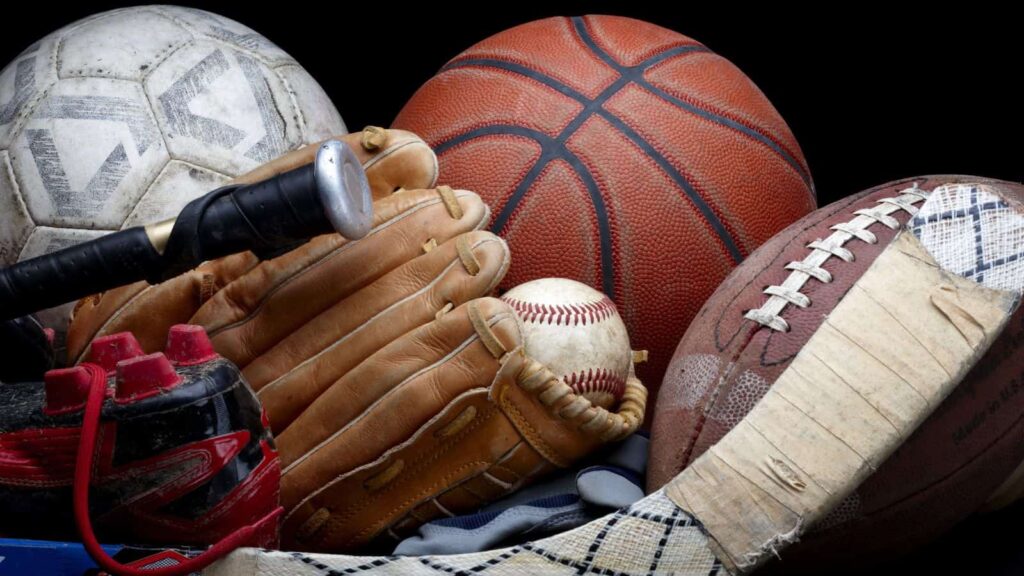
Many sports are more expensive to take part in than young people realize. The equipment needed can be endless, and as children grow, they’ll have to be replaced. It’s a privilege that some don’t have, depriving them of the opportunity to develop confidence and social skills.
Cultural and Artistic Exposure
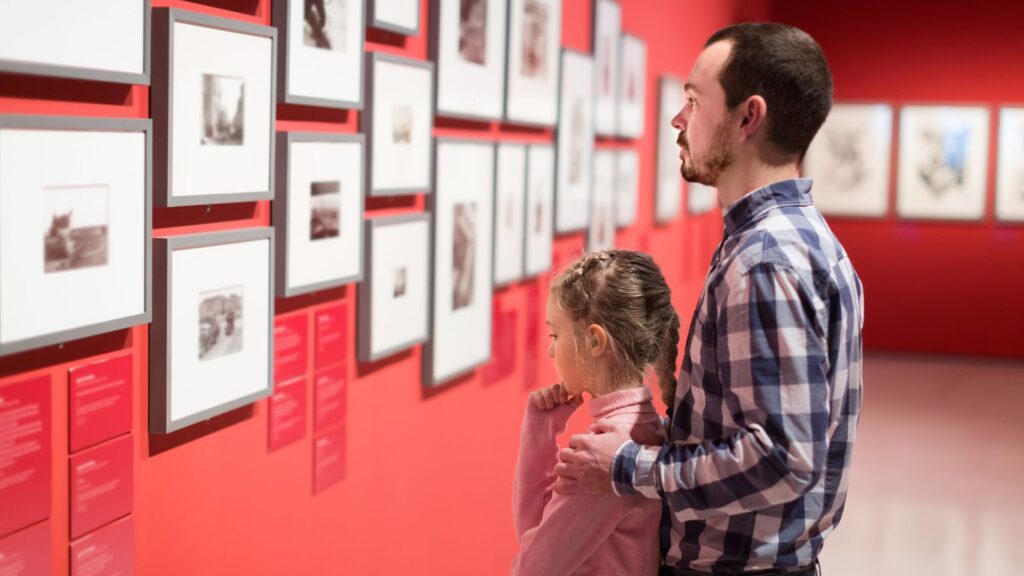
Going to a museum or visiting an art gallery might not seem like a privilege, but it is. Exposure to art and culture from a young age is a learning experience that opens up new interests. It can inspire young people to write, paint, or learn a language. Unfortunately, not all children are introduced to arts and culture. Time and money are two factors, but lack of parental interest in the arts transfers to their children.
Parental Support and Involvement
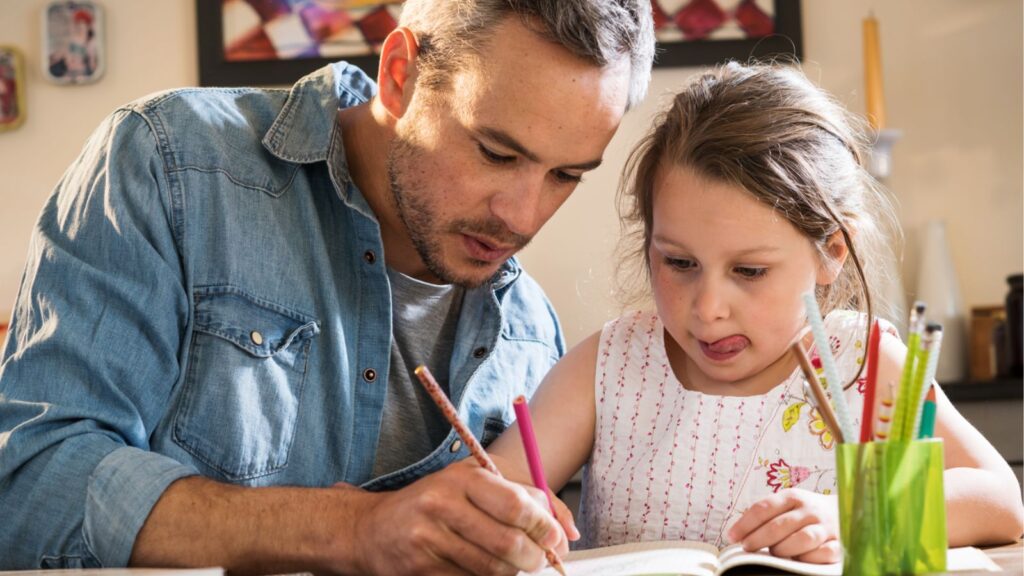
Having parents that encourage and inspire gives children an advantage. Knowing you are supported provides confidence. Parents who communicate with their children are teaching a skill that improves development and quality of life. Those from a broken home don’t receive that support and have difficulty expressing themselves.
Living in a Low-Crime Neighborhood
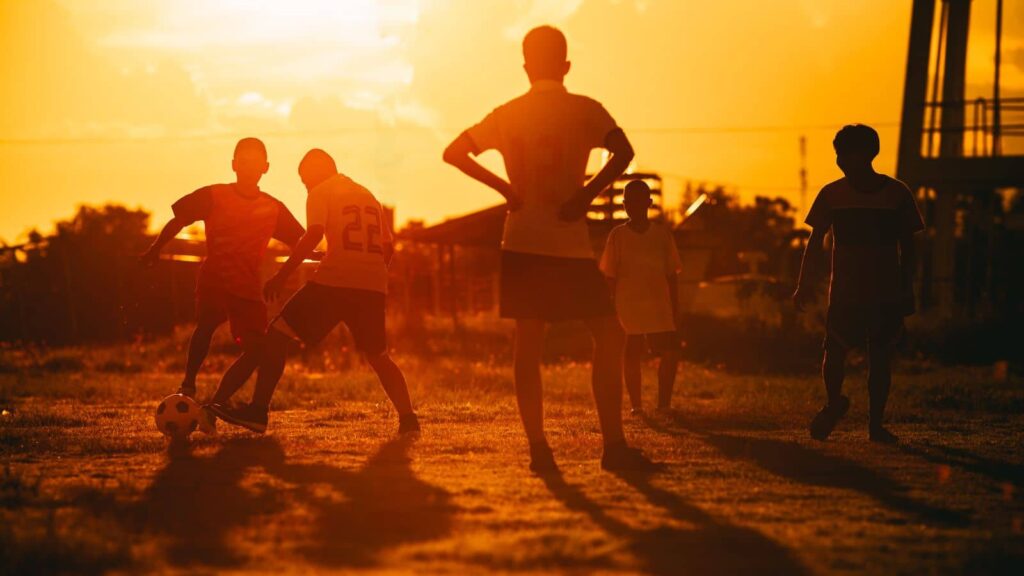
Growing up in a safe neighborhood means you can play outside freely. You also won't have to worry about going outside after dark. The reality for those who live in high-crime areas is entirely different. Crime is normalized, and levels of anxiety are high, affecting school performance and lessening the chances of having a successful life.
Having a Car

Cars are expensive to buy and maintain; they also save time. Sitting on public transportation to and from school every day is tiring and time-consuming. Having a car as soon as you can legally drive is a privilege that many don’t appreciate.
Attending Summer Camps
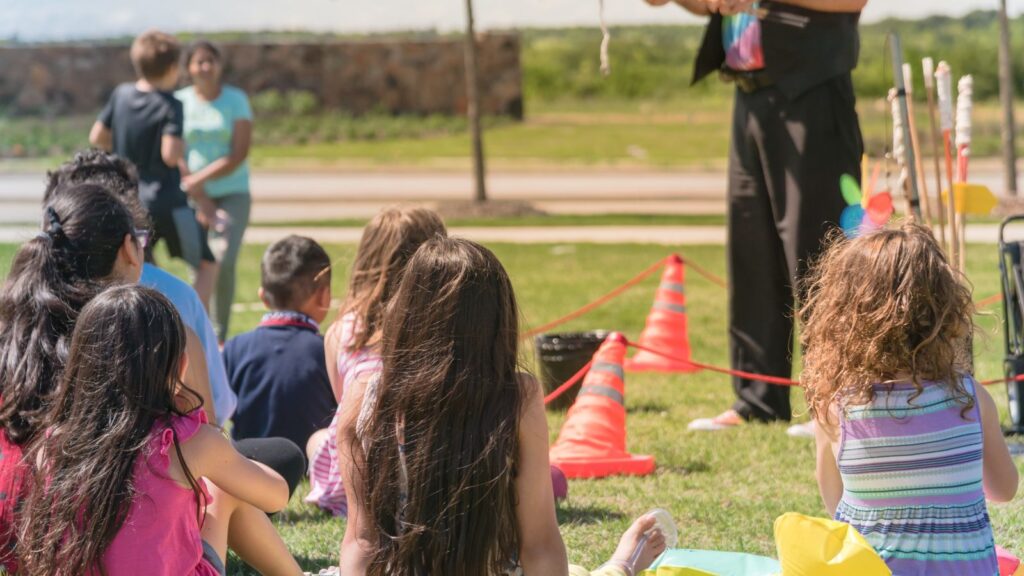
Summer camps are the source of fond memories for kids who had the chance to attend them. Social skills are developed, and friends are made. Those who can’t afford to attend miss out on these formative experiences.
Financial Literacy and Money Management Skills

Knowing how to manage money is a skill that prevents difficulty later in life. Children in low-income homes have little concept of how to manage money, continuing a cycle of poverty. An allowance teaches children money management, but some families don’t have the disposable income to provide one.
Access to Healthy and Nutritious Food

Healthy food has physical benefits but also a positive effect on mental health. Concentration at school is improved, and there is less chance of depression developing. Poor quality food leads to obesity and health problems as an adult. There are also cases of children not eating enough meals at home because their families can't afford food.
30 Traditional Sayings That Are Now Considered Offensive by Woke Culture

30 Traditional Sayings That Are Now Considered Offensive by Woke Culture
21 Habits Often Associated With Having a Lower Social Status

21 Habits Often Associated With Having a Lower Social Status
25 Social Issues Gen Z are Determined to Cancel

